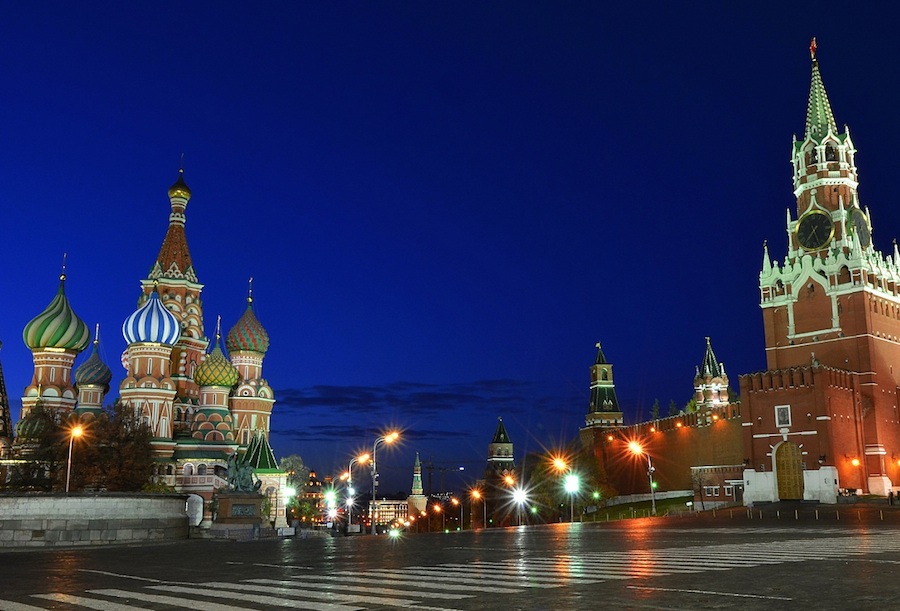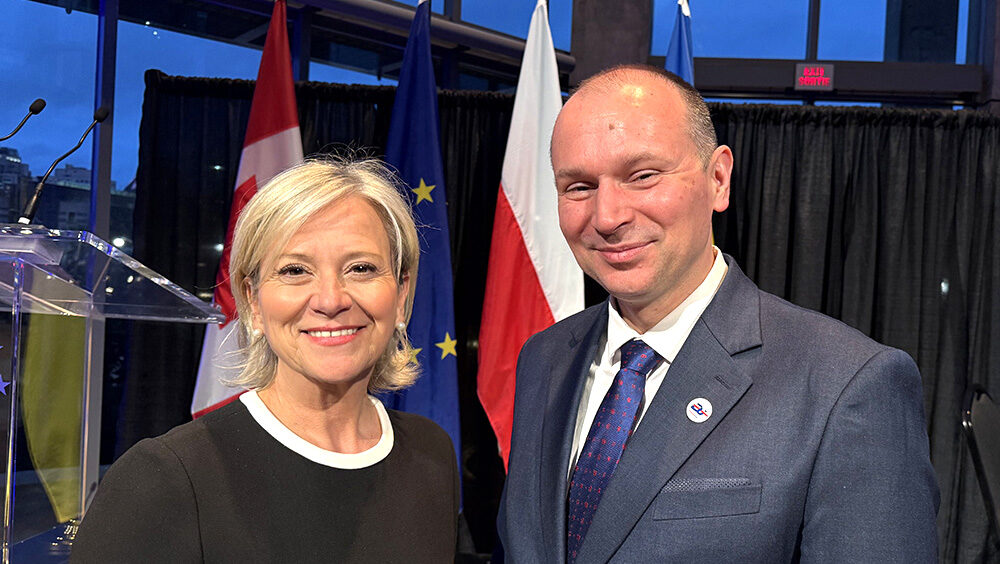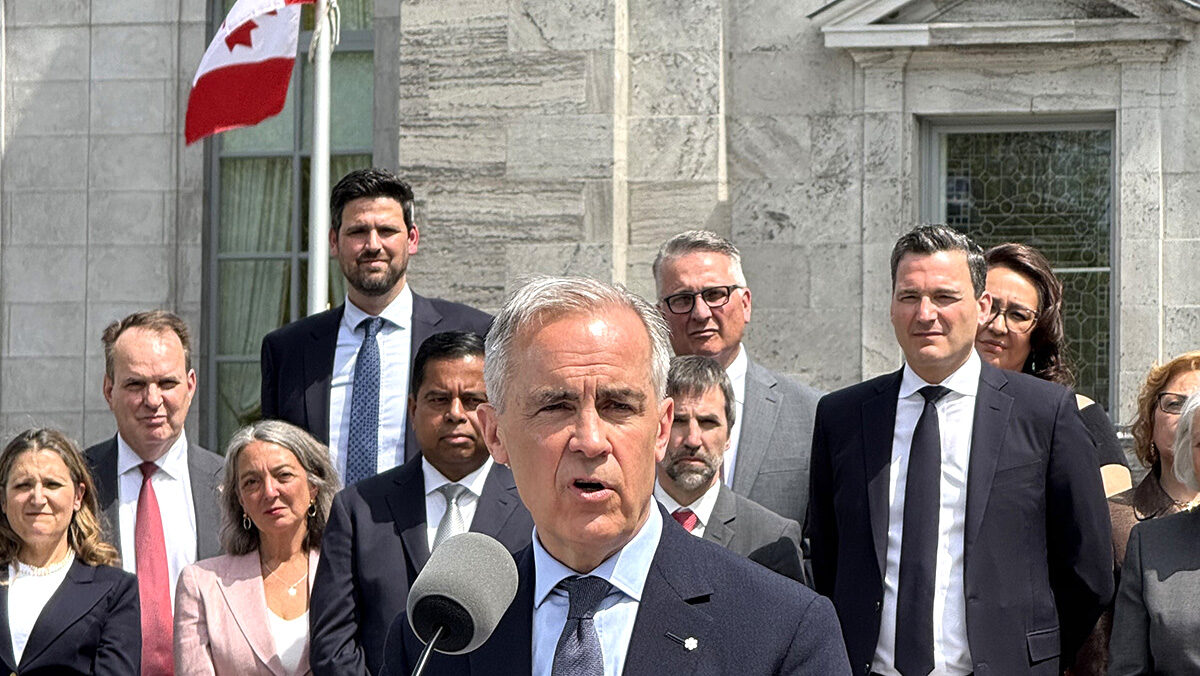Many Estonians have surely thought about having had such an opportunity during the Soviet occupation. Then the most ‘Sovietized' individual would have seen the immense gap between the U.K.'s principled-based undertaking and a Soviet controlled referendum.
It's natural for Estonians to support the right to self-determination for any indigenous people. This stance has been formed from years of historical experience for Estonians. But equally important, if not more vital, is the integrity and promise of the process itself. An example would be a referendum on continuation within the European Union. Member states feel self-assured knowing that any referendum, in the democratic setting that is Europe, could be conducted without falsifications, with the results being honoured no matter the size of the country.
Referendums evoke an inevitable mixture of rational and emotional reactions. Thus it was no surprise that a polling expert, Igor Borisov, has dismissed the Scottish Independence referendum process. Borisov, a former chairman of the Russian Central Election Commission, a government body, claimed that the poll failed to stand up to basic international standards. Borisov, now representing the Russian Public Institute for Election Rights had travelled to Scotland to observe the local procedures.
Specifically he said that the poll was open to rigging comparable to that of Estonia. The substance of this observation is unclear. (It's interesting to note that Western monitoring groups including the Organization for Security and Cooperation in Europe (OECD) have consistently reaffirmed the legitimacy of the numerous elections held in Estonia.) Borisov criticised the large hangars where votes were tallied as being too large to scrutinize the procedures and that ballot boxes were lying around without any security.
The ‘Donetsk People's Republic'– the Ukrainian enclave that Russia wants to separate from Uklraine – said that it too, believed that the Scottish referendum had been falsified, that the UK government was guilty of foul play. They said that they were basing their claim on the fact that the difference between the yes and no votes was small – 55% opposing independence, 45% favouring it.
Borisov's remarks have been seen by many as an attempt to confirm the legitimacy of Russia's own elections, particularly the widespread criticism of the Crimea plebiscite some months ago. Western journalists pointed out a number of dubious procedures, such as multiple voting, pre-filled ballot papers, adding voters to an incomplete electoral roll and allowing anyone with a Ukrainian passport to vote.
Borisov is known as a staunch defender of the 2011 parliamentary and other elections in Russia while condemning international monitors who found serious and flagrant violations of basic election standards. Putin's landslide victory in the 1912 presidential elections was called unacceptable by allegations of election fraud. International monitors had sufficient information to support their accusation.
Some violations had a long history. Ballot stuffing was committed in some one third of the polling stations at the end of the day after international monitors had left. The violation consists of stuffing multiple ballots into the ballot box. Also the OECD monitors found widespread falsification of the vote count at polling stations.
‘Carousel' voting, where individuals cast their vote in different polling stations was also witnessed by observers. Fleets of buses packed with suspected ‘carousel voters' were seen in Moscow during the presidential elections. Putin supporters appeared to have been bused en masse from different cities to Moscow polling stations where support for Putin was seen to be weak. Added to the ‘carousel' fraud was the use of absentee certificates used to obtain ballots at different polling stations. This is virtually impossible for monitors to prove. The Central Election Commission ran out of absentee certificates even before voting began. Two million had been printed.
Some additional gross voting irregularities witnessed by observers: Fake election monitors were deployed at polling stations, blocking genuine monitors from observing the voting. Workers at companies operating around the clock were allowed to cast their ballots at polling stations closest to the company. Required to submit ‘additonal lists' of prospective voters several days before the election, companies bussed their employees to polling stations, enabling employers to put political pressure on their staff and in some instances ‘carouseling' them to several polling stations. Some companies, institutions, educational establishments etc, declared the election day to be a working day in order to enroll their staff on ‘additional lists'. Some estimates put over 14 million voters on ‘additional lists'.
Voters had their vote stolen from them. In one instance after arriving at the polling station and finding that someone else had already voted on the voter's behalf, he told the polling station officials of the theft. A threatening phone call on his mobile phone was be received some few minutes later.
In order to fend off numerous protests about fraudulent parliamentary elections, Putin had 90,000 web cameras installed at polling stations to ensure transparency. The images were too fuzzy to be useful. In the city of Magadan, internet users even claimed they were receiving ‘live footage' of sunlit polling stations even though night had already fallen in the city.
Observers have noted that supporters of Vladimir Putin, had been fervently hoping for a yes vote. It's said that some Russian nationalists had even fixed yes badges to their Twitter profiles. The Kremlin apparently saw Scottish independence as a way of justifying its own rapid annexation of Crimea in March following a ‘referendum' conducted in three weeks and condemned by the West as armed Russian forces and irregulars occupied the Crimean peninsula. Moscow also felt that a yes vote would weaken the UK and give power to a post-independence Scotland more accepting of Moscow's intentions.
It's certainly not radical to suggest that officials such as Igor Borisov, who, in the past have defended the integrity and transparency of Russian voting procedures lack the recognized credentials to be objective observers at elections in Western democracies. They have been involved in giving a clean bill of health to electoral processes that have often involved ugly twists and dirty tricks, and corruption on a scale that is hard to contemplate. The anecdotal and mathematical evidence of this cannot be denied.
Laas Leivat
Obsevers have noted that supporters of the Vladimir Putin, had been fervently hoping for a yes vote. It's said that some Russian nationalists had even fixed yes badges to their Twitter profiles. The Kremlin apparently saw Scottish independence as a way of justifying its own rapid annexation of Crimea in March following a ‘referendum' conducted in three weeks and condemned by the West as armed Russian forces and irregulars occupied the Crimean peninsula. Moscow also felt that a yes vote would weaken the UK and give power to a post-independence Scotland more accepting of Moscow's intentions.




